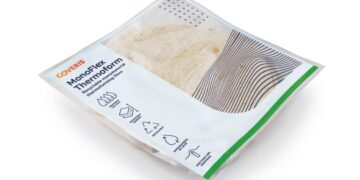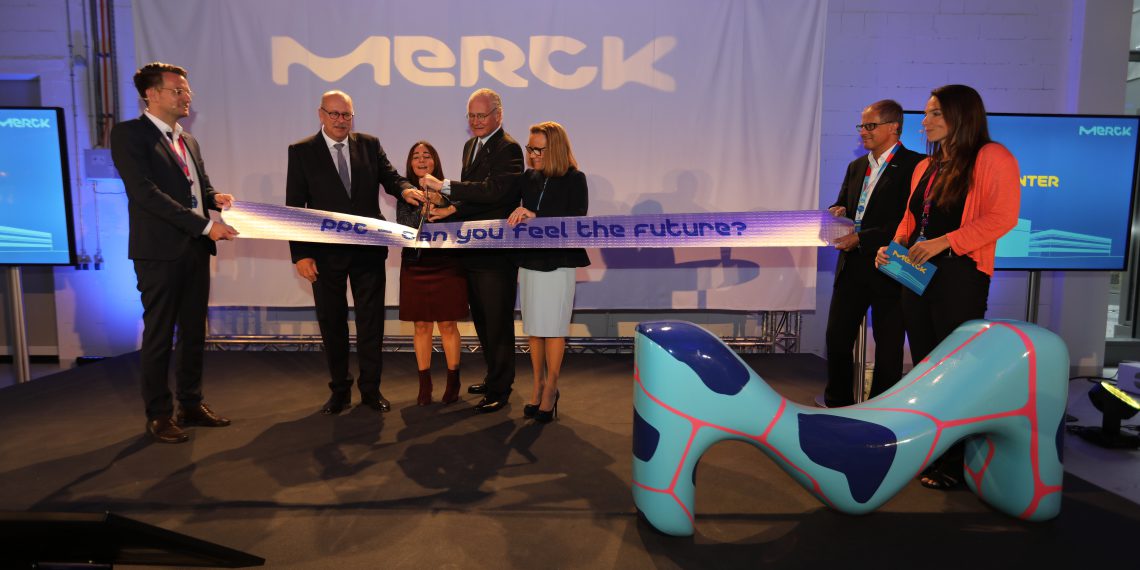Merck, a science and technology company, generated very strong organic sales growth in the third quarter of 2018. However, this was impacted by negative exchange rate effects. Despite organic growth, EBITDA pre of the Group also declined in comparison with the year-earlier quarter owing to strong negative foreign exchange effects. Merck confirmed its forecast for the development of organic EBITDA pre for the full year 2018.
“2018 was a challenging year for Merck. We made future-oriented decisions that will lead to profitable growth as of 2019. In the third quarter, we generated strong organic sales growth across all three business sectors. In particular, Healthcare and Life Science performed well, delivering strong organic growth of nearly 10 percent.”
Stefan Oschmann, Chairman of the Executive Board and CEO of Merck
Healthcare generates very strong organic sales growth
The Healthcare business sector delivered very strong organic sales growth of 9.9% in the third quarter of 2018. Including currency headwinds of –3.3%, net sales amounted to € 1.6 billion (Q3 2017: € 1.5 billion), representing an increase of 6.6%. The organic growth of Healthcare was driven by double-digit growth rates in the Fertility franchise as well as the antidiabetic agent Glucophage. As in the previous quarters, net sales of the two new medicines Mavenclad and Bavencio also contributed to organic growth. In the third quarter, net sales of the immuno-oncology medicine Bavencio rose to € 19 million (Q3 2017: € 7 million). With Mavenclad for the oral short-course treatment of highly active relapsing multiple sclerosis (MS), Merck generated sales of € 25 million in the third quarter of 2018 (Q3 2017: € 3 million). On July 30, 2018, Merck announced that a resubmission of the New Drug Application for cladribine tablets as a potential treatment for patients with relapsing forms of MS had been accepted for filing by the U.S. Food and Drug Administration (FDA).

















